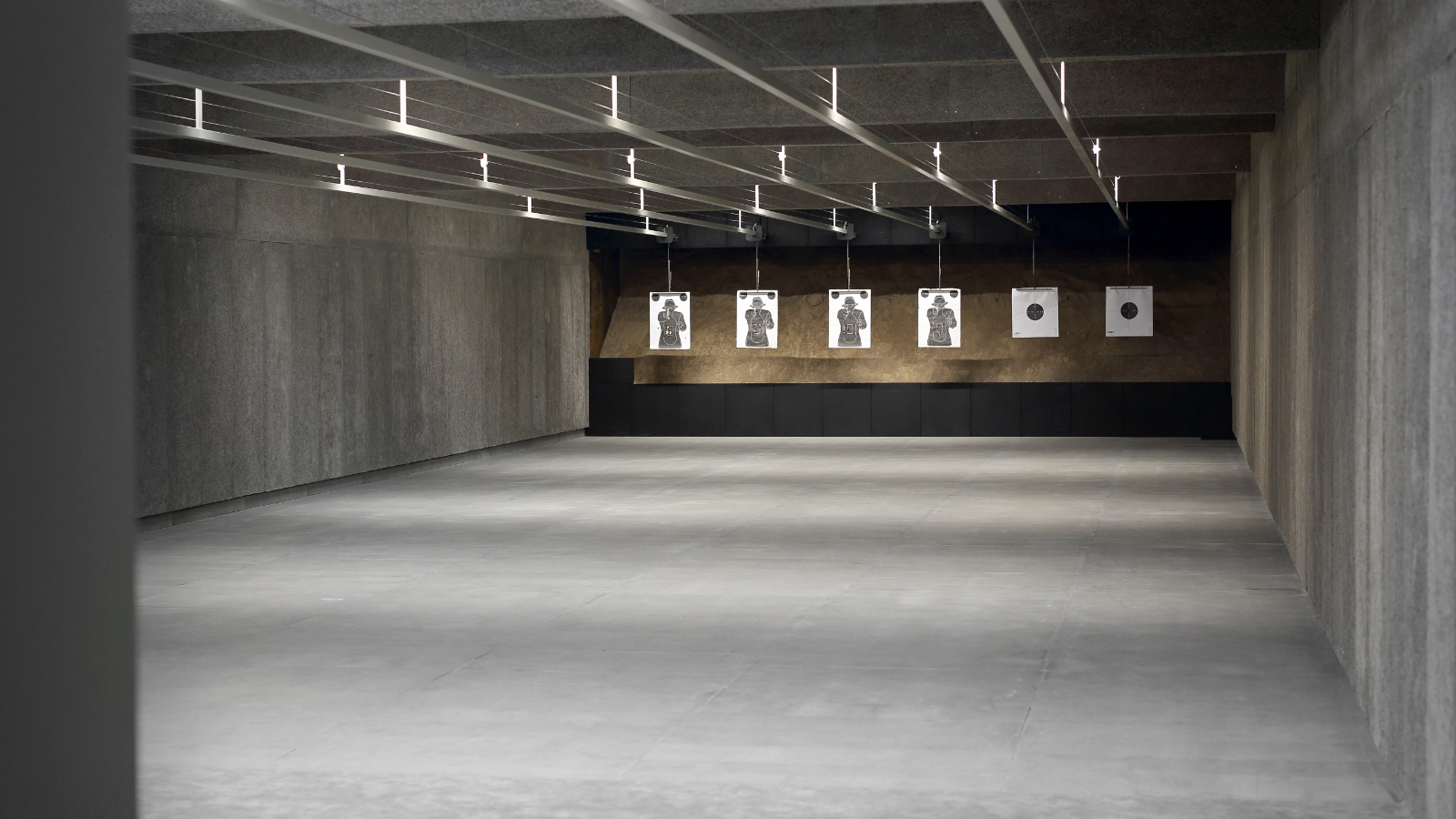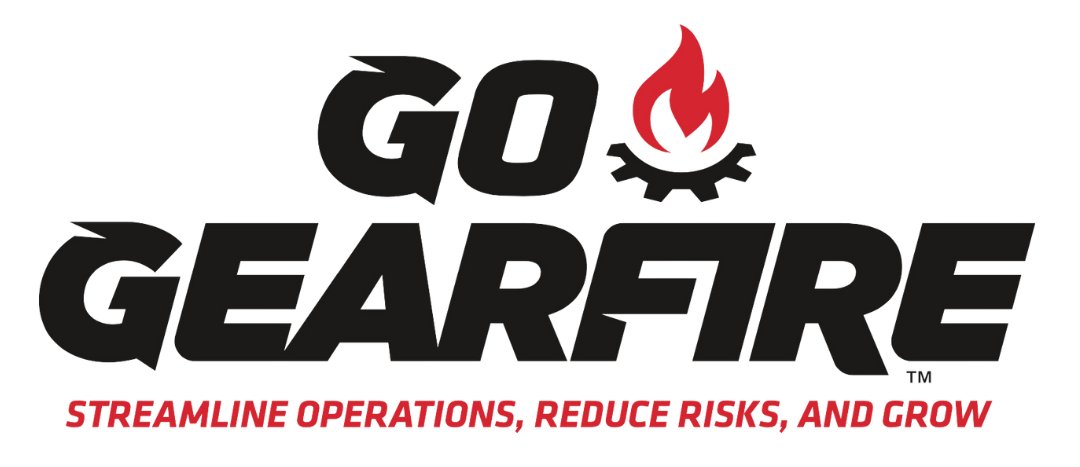
If you’re a shooting sports retailer with an indoor shooting range, you might not think much about the choice of filters used in your ventilation and air filtration system. This system is designed to keep your employees, customers and the environment safe, which makes your choice of filters much more important than you may realize. Many industry experts recommend the use of HEPA filters.
What are HEPA Filters?
HEPA is an acronym for high-efficiency particulate air. These filters remove 99.97 percent of particles 0.3-micron and larger in diameter. They also are rated at minimum efficiency reporting value (MERV) 17, which means they can trap tiny particles of smoke and lead that are missed by other types of filters.
HEPA Filters also contain gaskets on the filters and locking pressure mounts that provide a positive seal around the filter mounting to the filter frame. This guarantees that all air flow is passed through the filter, and only clean air passes through the other side.
Does your range need a HEPA Filter?
The short answer is they should be used on all systems that recirculate air back into your range.
This provides a clean air flow supply with lead exposures below the OSHA (Occupational Safety and Health Administration) Action Level. This limit allows for a maximum exposure of 30 micrograms per cubic meter (without the use of a respirator) over a time-weighted eight-hour average.
It is also recommended to use HEPA Filters on the exhaust system funneling range air from the building to the outdoors. Some folks think that any commercially available filters that produce air with lead particulate below the EPA (Environmental Protection Agency) allowable limits are fine to use, but when small amounts of lead are discharged into the environment that exceed the EPA limits, you could be facing an expensive cleanup problem.
What’s the cost of HEPA Filters?
Common sense tells us that filters that perform better cost more. But, there are things you can do to reduce the cost by extending the life of your HEPA Filter. Experts recommends the following:
- Install a good pre-filter. These can protect the HEPA filter and extend its life. Pre-filters have lower MERV ratings, but they can remove most of the larger contaminants before they reach the HEPA filter. High-efficiency rigid bag filters work very well to extend the life of the HEPA filter.
- Consider investing in a new filter rack. Your filter supplier and range ventilation maintenance contractor can help you find the best solution based on your current installation design, and help you decide whether or not to change it. Think look long term and compare the ROI of each proposed alternative.
- Make sure your exhaust motor is adequate. It is critical to maintain the air flow in your range at a negative pressure to ensure that contaminate created in your range does not migrate into your non-range spaces. If the exhaust motor is sized and designed properly, the exhaust modulates to maintain this negative pressure between your range and the non-range part of the building as your filters load. With an inadequate exhaust motor and fan, the range will lose its negative pressure when the HEPA filter is only slightly loaded, and you will then need to change that filter more often to maintain the negative pressure.
For more information and additional resources, please visit this helpful article from our friends at the National Shooting Sports Foundation (NSSF).
Originally published on September 15th, 2020.
For Latest News & Update
Want Receive the Best Gearfire Insights? Subscribe Now!
We can help you to create your dream platform for better business revenue.
